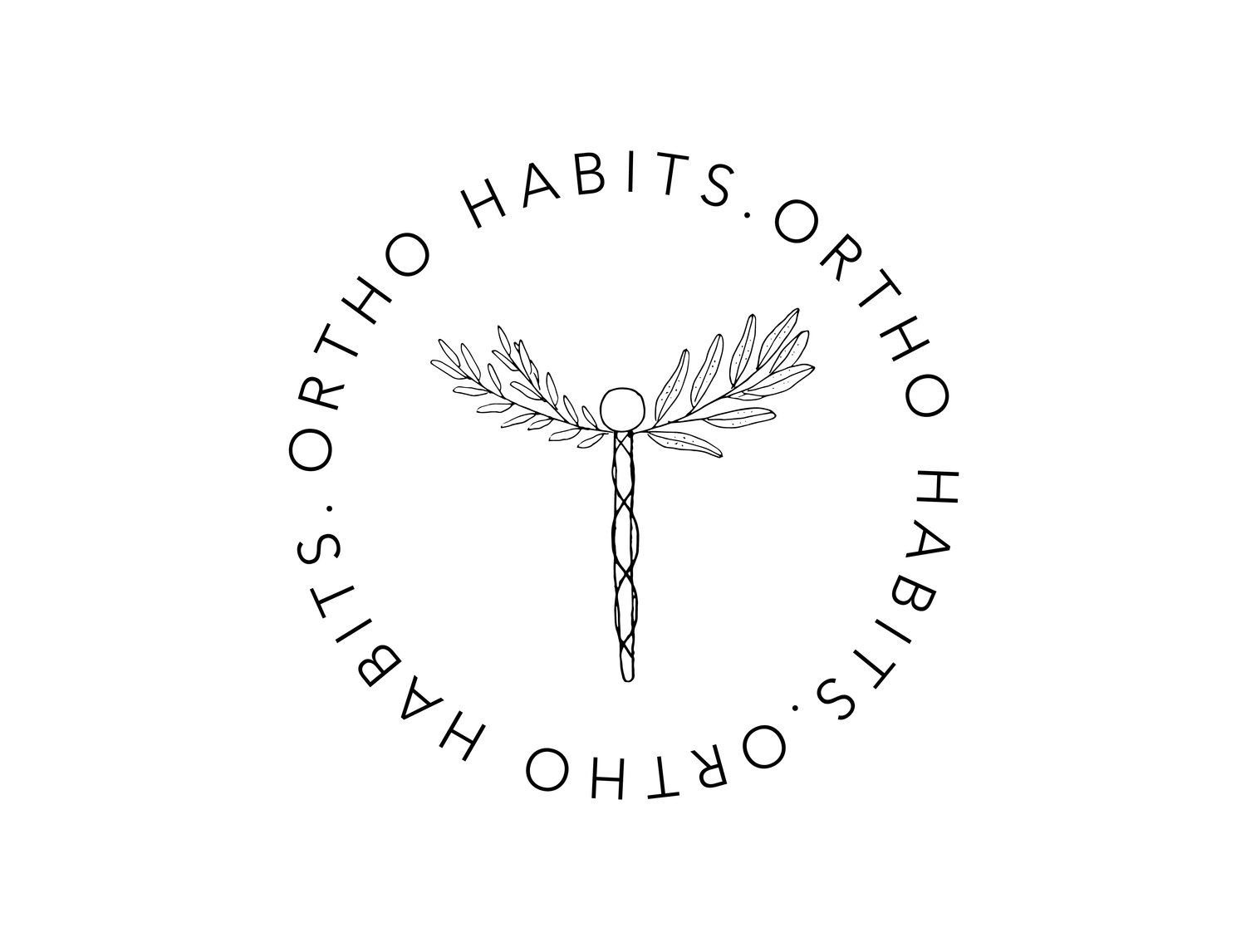....Natuurwandelingen..Walks in nature....
....Een recent gepubliceerde studie (Front Psychol., 04 april 2019 | https://doi.org/10.3389/fpsyg.2019.00722) wees uit dat het cortisol hormoon niveau met 9,6% verlaagd bij mensen die in een stedelijke omgeving wonen en die drie keer per week 20-30 minuten buiten doorbrengen in een natuurlijke omgeving.
Cortisol is een stresshormoon dat deel uitmaakt van het normale circadiane ritme (het biologische slaap-waakritme). Bij het ontwaken begint ons lichaam cortisol af te scheiden waardoor we goed wakker worden. In de loop van de dag hoort het cortisolniveau af te nemen. Het probleem is dat chronische stress cortisol verhoogt op momenten dat dit normaal gesproken niet toeneemt. Cortisol reguleert ongeveer 20% van het menselijke genoom (wat betekent dat ongeveer één op de vijf genen onder controle staat van cortisol). Als u gestrest bent, is het hele ritme is ontregeld. Onze genen zijn actiever in een stressvolle situatie of minder actief omdat cortisol ook genen kan uitschakelen.
Verhoogde cortisol is ook in verband gebracht met depressie. In overeenstemming met deze recente studie, vonden andere studies dat mensen die wandelingen maken in de natuur versus in een grootstedelijk stadsgebied minder klinische symptomen van depressie en angst hebben. Hoewel beide lopen (wandelen in de natuur versus grootstedelijke gebieden), en beide beweging krijgen (waarvan we weten dat het positieve voordelen heeft voor depressie), werkt de natuur, voor hen die in de natuur ondergedompeld zijn, als een veel belangrijker antidepressivum.
Een ander te overwegen suggestie, bij het verlagen van cortisol niveaus, is de blootstelling aan fel licht. Er zijn ook studies geweest die aantonen dat blootstelling aan het volledige lichtspectrum de cortisolspiegel kan verlagen. Als u tijd buiten doorbrengt, krijgt u ook die nodige blootstelling aan licht.
Er is iets impressief aan het omgeven zijn door de natuur - geniet ervan en waardeer het des te meer 💚..A recently published study (Front. Psychol., 04 April 2019 | https://doi.org/10.3389/fpsyg.2019.00722) found that spending 20-30 minutes outside in a natural environment, three times a week, lowered stress hormone levels of cortisol by 9.6% in people who live in an urban environment.
Cortisol is a stress hormone that is part of the normal circadian rhythm. As we are waking, our body starts to secrete cortisol which helps us wake up properly. The cortisol level should decrease during the course of the day. The problem is that chronic stress increases cortisol at times when it is not normally increased. Cortisol regulates around 20% of the human genome (which means around one in five genes is under control of cortisol). If you are stressed, this rhythm is still there but this whole fluctuation is elevated. Our genes are more active in a stressful situation or less active because cortisol can also switch genes off.
Increased cortisol has also been linked to depression. In line with this recent study, other studies found that people that took walks in nature versus in a metropolitan city area had less clinical symptoms of depression and anxiety. Although both are walking (walking in nature versus metropolitan areas), both are getting exercise (which we know has positive benefits on depression), being immersed in nature had a much more significant antidepressant effect.
Another thing to consider, in lowering cortisol levels, is bright light exposure. There have also been studies showing that bright full spectrum light exposure itself can lower cortisol levels. Spending time outside gets you that light exposure as well.
There is something powerful about being surrounded by nature - indulge in it and appreciate it even more 💚....




